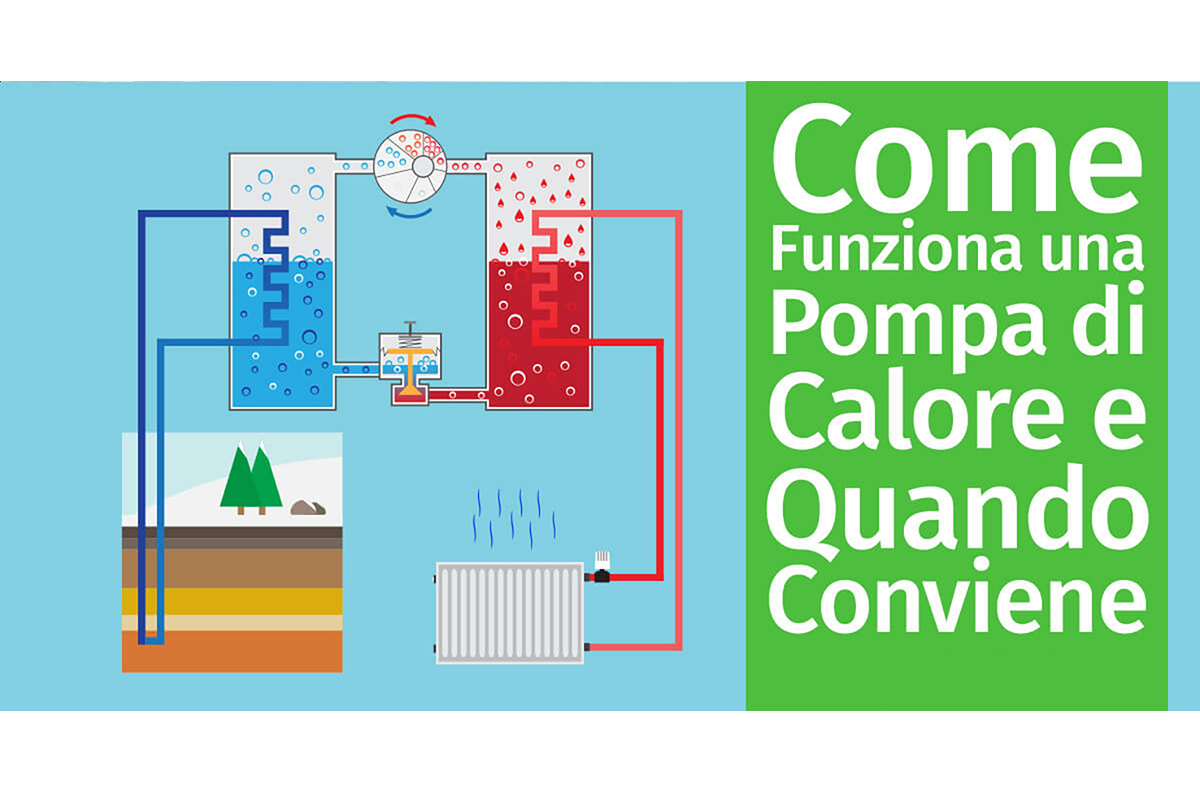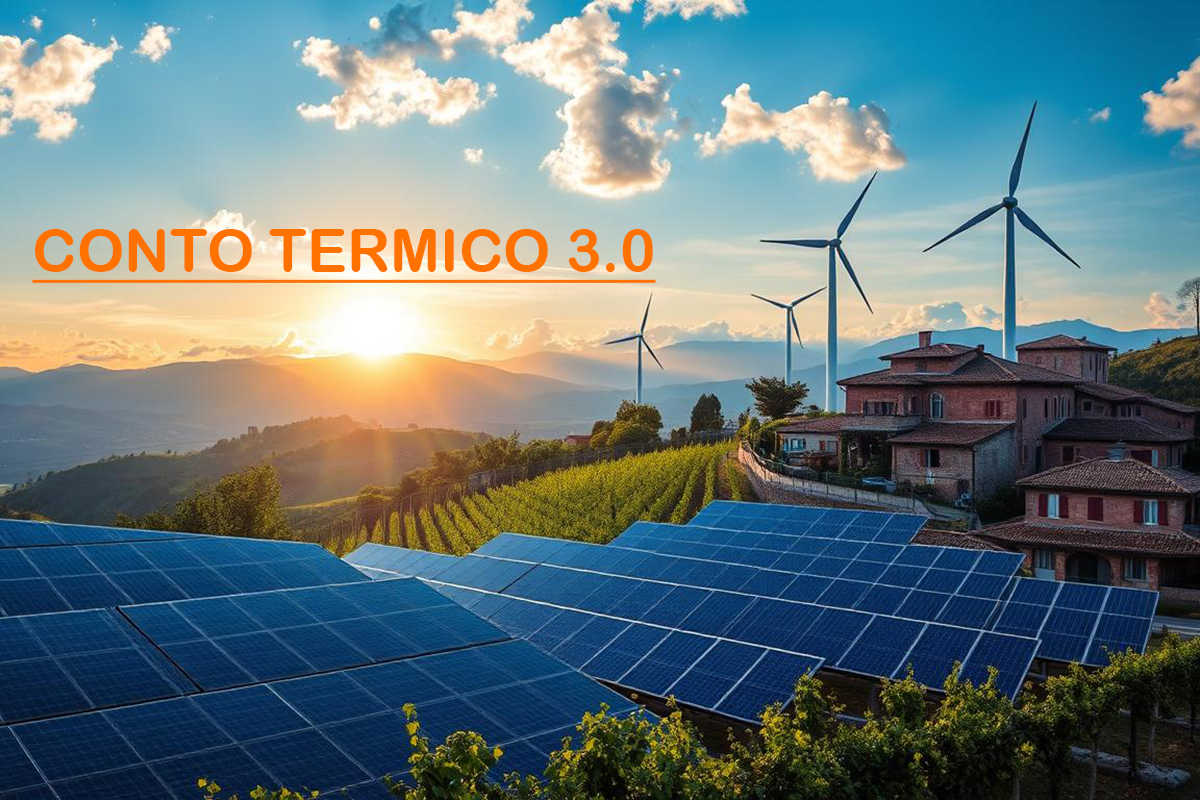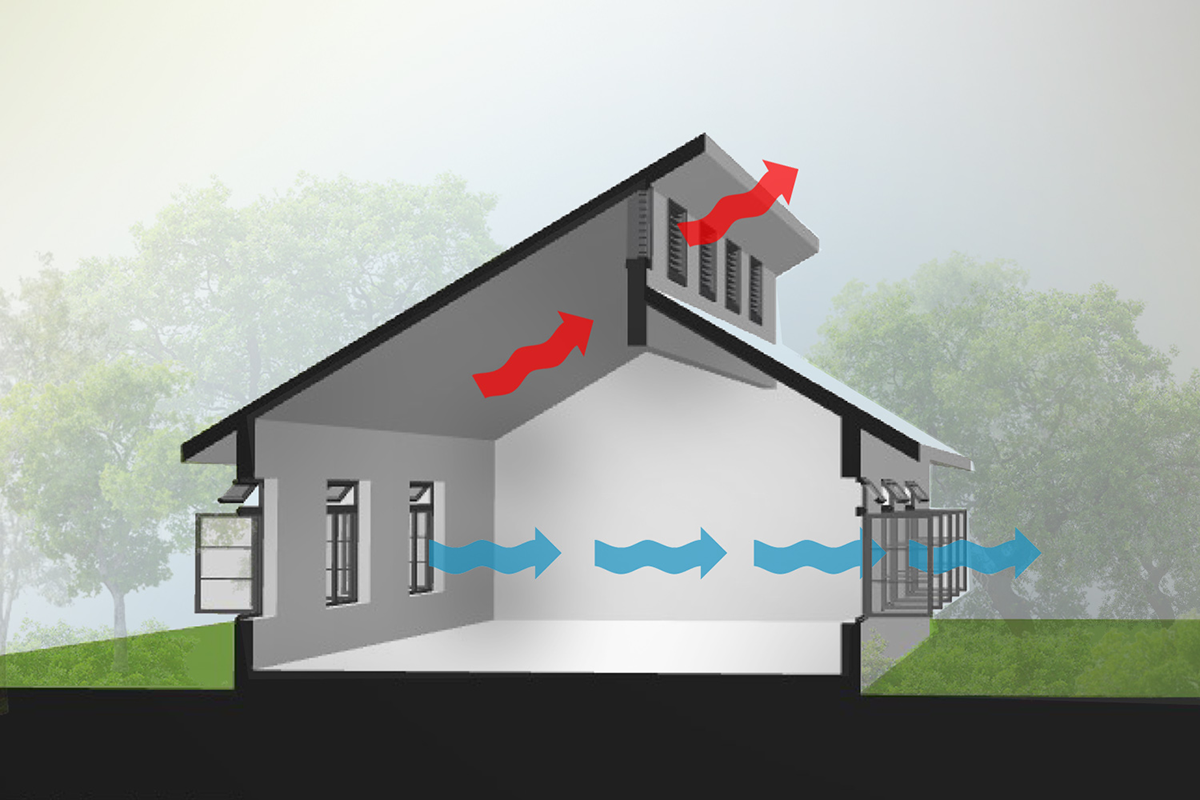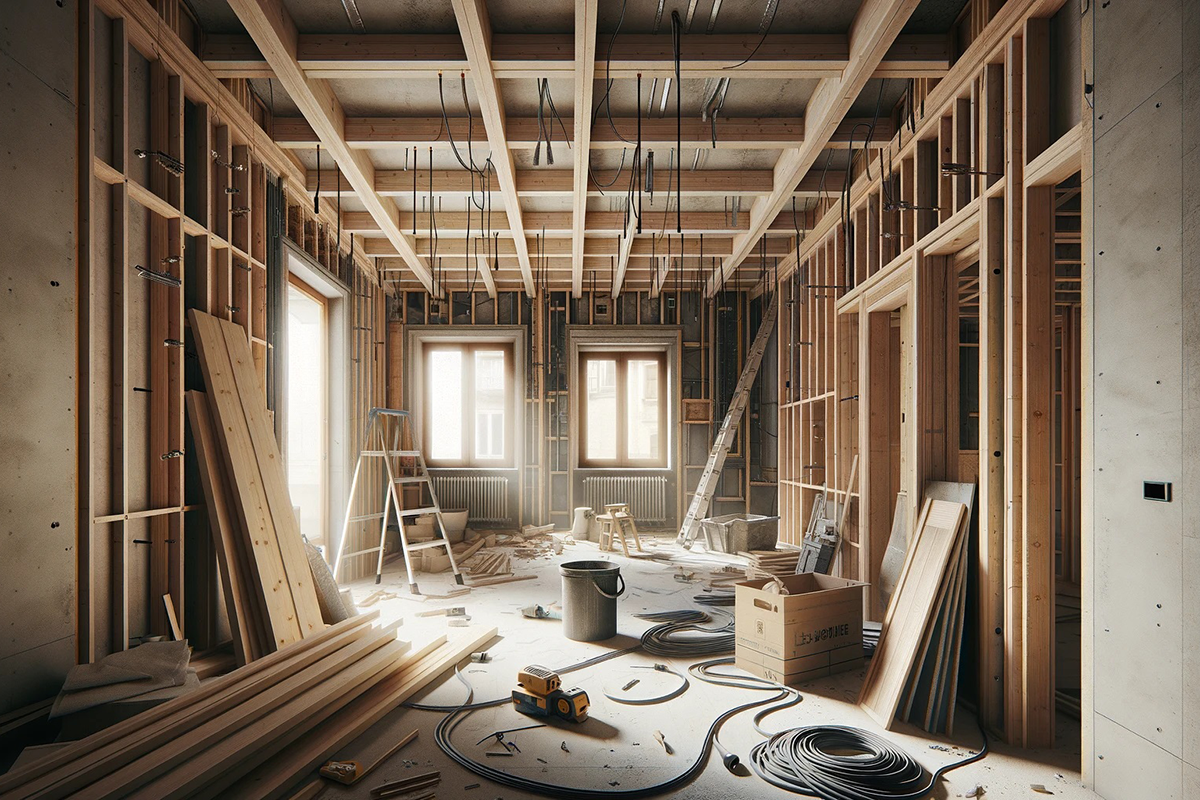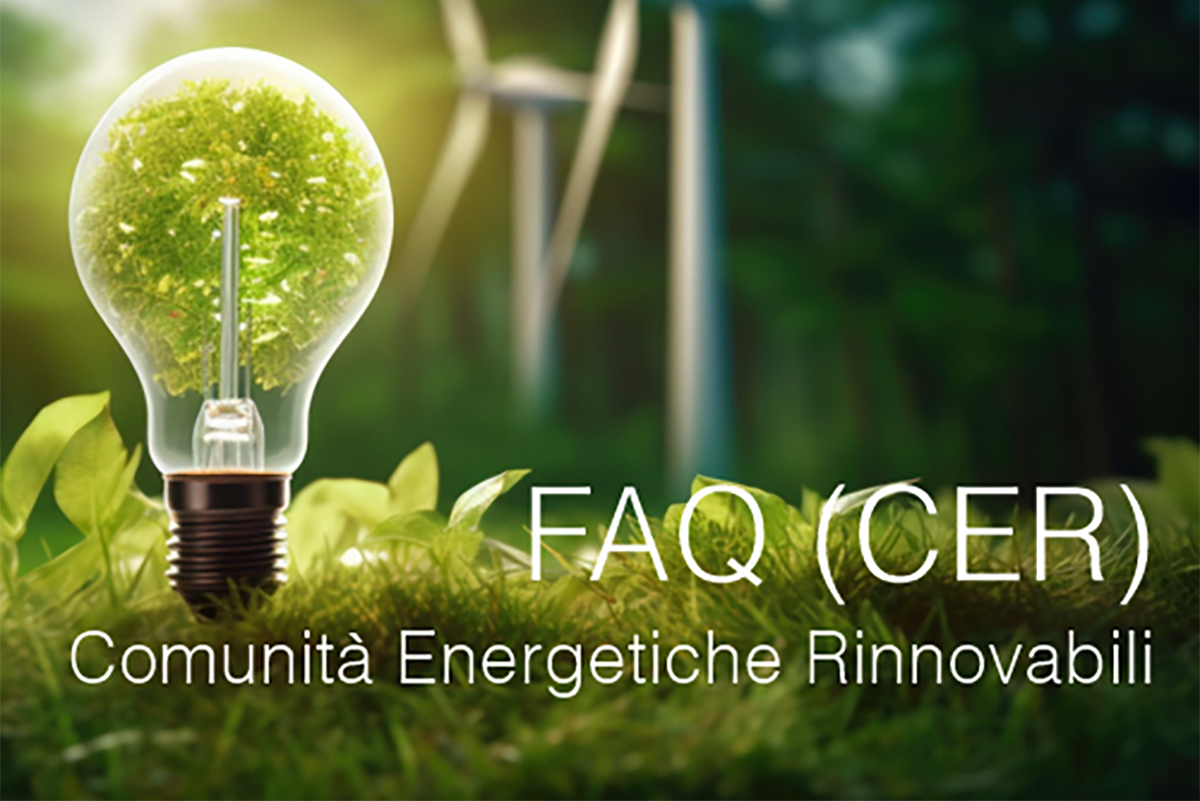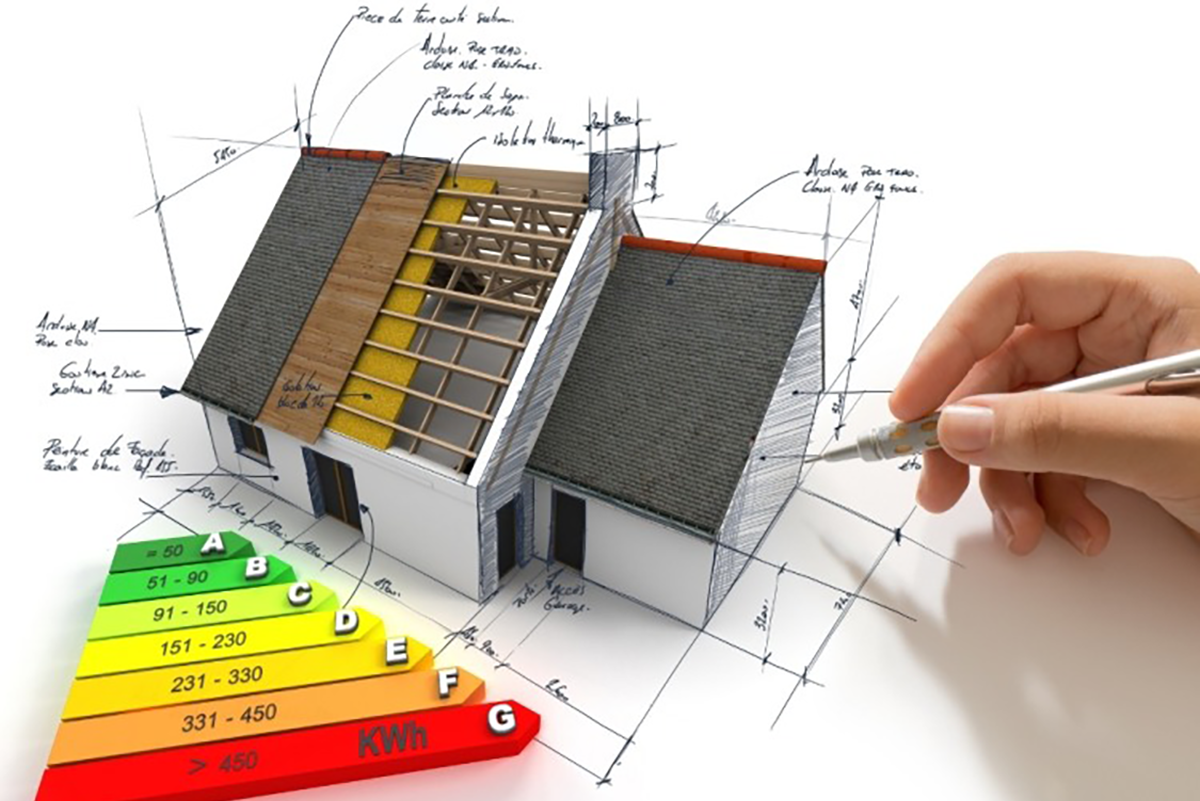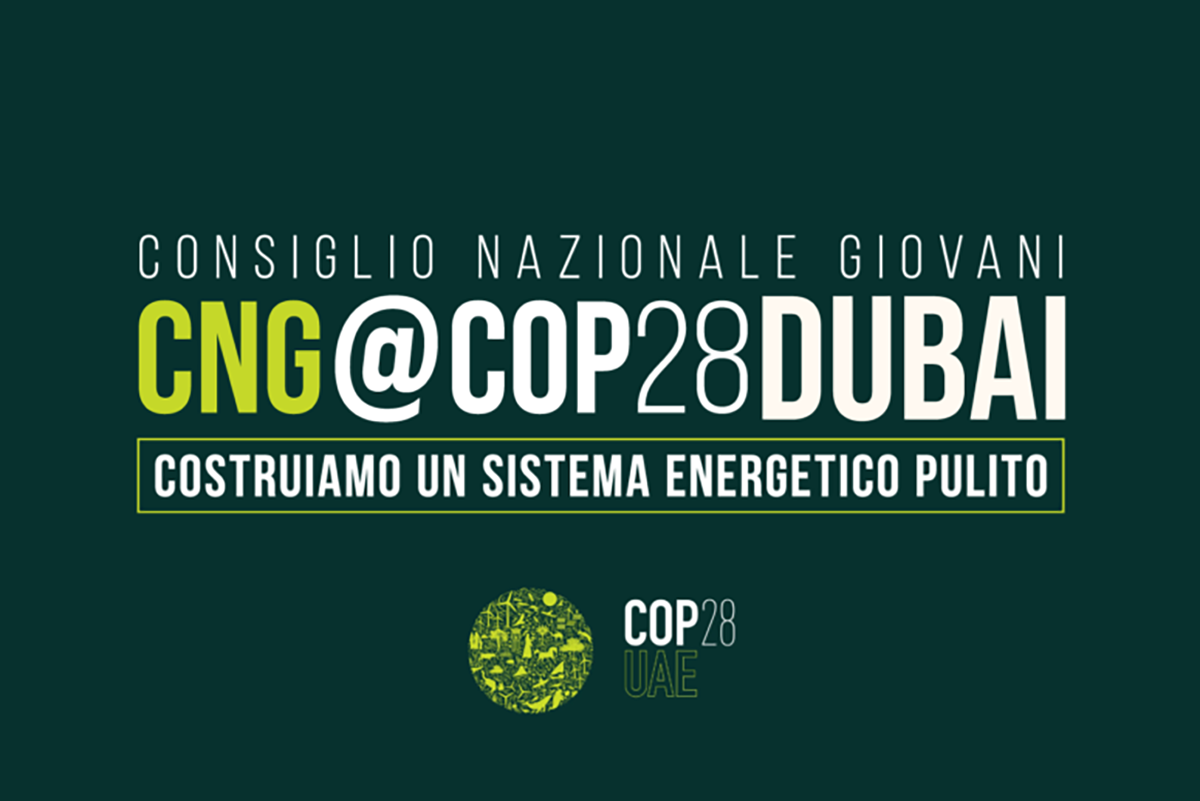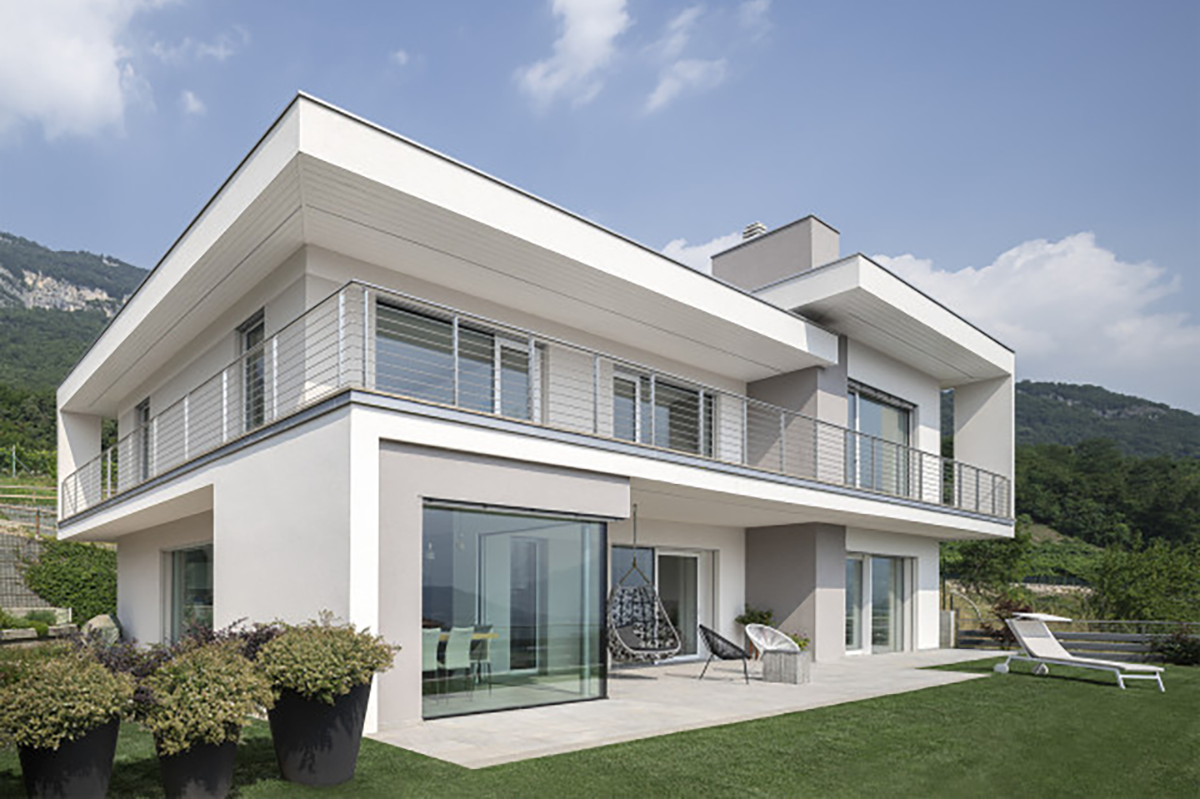News
Heat Pumps: How does it work, advantages and when is it convenient?
In the ever-evolving world of energy efficiency and sustainable technologies, heat pumps are emerging as an innovative solution for residential heating and cooling. This article will explore what a heat pump is, how it works and why it represents the future of energy efficiency in our homes.
WHAT IS A HEAT PUMP?
Simply put, a heat pump is a heating and cooling system that uses the thermal energy present in the surrounding environment to maintain a comfortable temperature inside a residence. These systems can be used to both heat and cool living spaces, making them incredibly versatile.
HOW DOES A HEAT PUMP WORK?
Heat pumps are devices that transfer heat from a lower temperature source to a higher temperature environment. In other words, they are able to "pump" heat from outside to inside the house during the winter to heat the environment and vice versa during the summer to cool it. This process is based on the principle of thermodynamics, which allows the heat present in the air, water or ground to be exploited for heating or cooling purposes.
Heat pumps can be of different types, including:
1. Air-to-air heat pumps: They extract heat from the outside air and transfer it inside the house. They are suitable for moderate climates and are relatively easy to install.
2. Air-water heat pumps: They use external air to heat or cool a fluid, which in turn is used to heat or cool water in a radiant system or for the production of domestic hot water.
3. Geothermal heat pumps: They exploit heat from the ground or from an underground water source. They are extremely efficient, but require more complex and expensive installation.
ADVANTAGES OF HEAT PUMPS
1. Energy Efficiency: Heat pumps are extremely energy efficient, as they transfer heat rather than generating it directly. This translates into lower energy bills.
2. Money Savings: Despite the initial investment, heat pumps can significantly reduce long-term heating and cooling costs.
3. Respect for the Environment: They reduce greenhouse gas emissions thanks to less dependence on fossil fuels.
4. Versatility: They can be used for both heating and cooling, providing year-round comfort.
5. Durability: High-quality heat pumps are durable and require less maintenance than traditional systems.
WHEN IS IT BEST TO INVEST IN A HEAT PUMP?
The decision to invest in a heat pump depends on several factors, including your budget, the climate conditions in your area, and the type of heating or cooling currently installed in your home. Here are some important considerations:
1. Climate: Heat pumps work best in moderate climates. If you live in an area with harsh winters, you may need to use a backup system, such as a gas furnace or fireplace.
2. Energy costs: Heat pumps can significantly reduce long-term energy costs, but the payback period may vary.
3. Home Size: The size of your home will affect the size and cost of the heat pump system you need.
4. Availability of financial incentives: In many places, there are fiscal and financial incentives for installing heat pumps that can make the investment more convenient.
In conclusion, heat pumps represent an advanced energy and environmental solution for heating and cooling residences. Not only do they offer numerous economic benefits, but they also help reduce environmental impact. If you are thinking about a way to improve the energy efficiency of your home, heat pumps could be the right choice for you. Choose a more sustainable and comfortable future with a heat pump.
